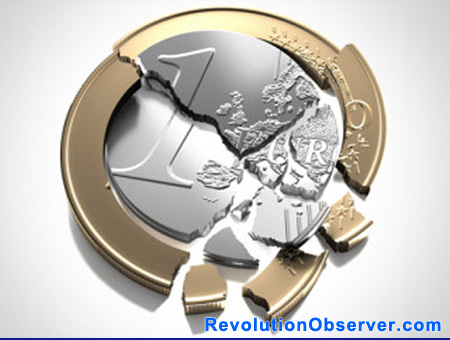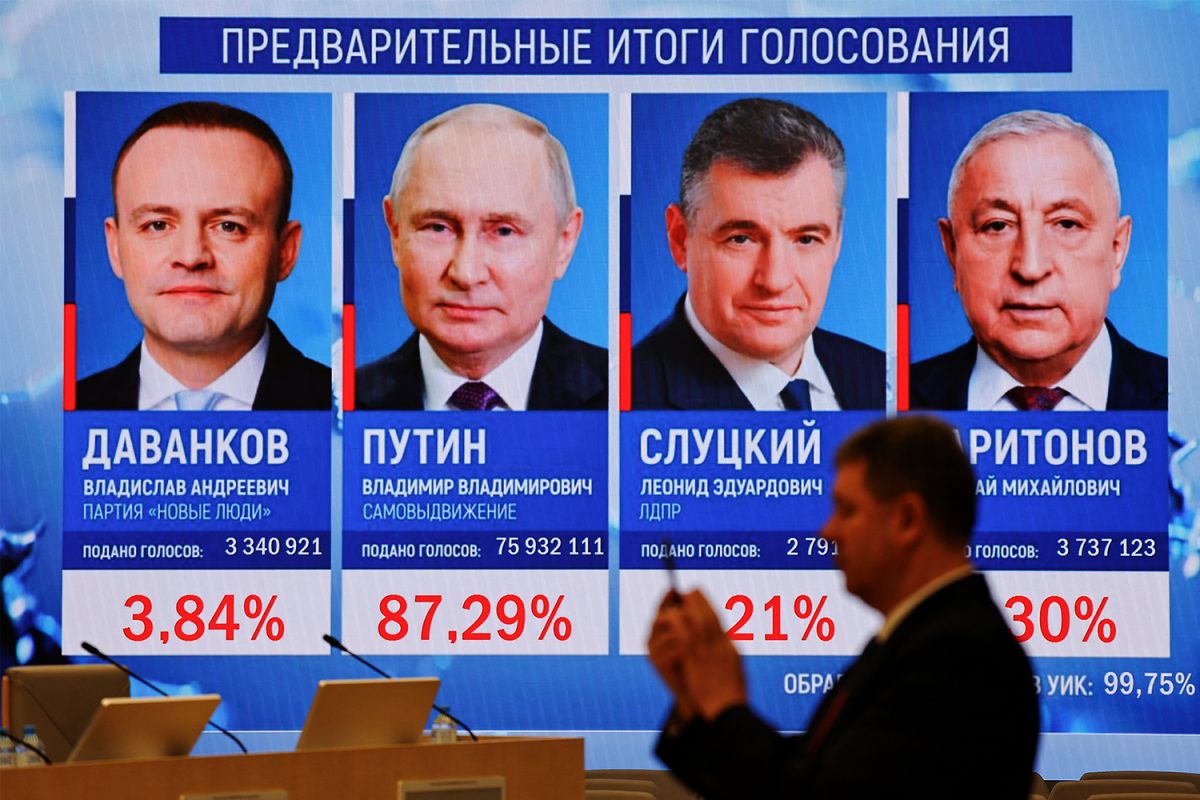By Adnan Khan
The European debt crisis continues to spread throughout the continent, bringing into question the future of the union. Various strategies, agreements and reforms have failed to halt the descent of the union to crisis point. The European Union – the EU, is a union of various states in Europe, which today consists of 27 member states. It consists of supranational (beyond the authority of one national government) independent institutions which execute decisions negotiated by member states. The Eurozone are those EU member states who handed over their monetary policy to the European Central Bank and adopted the euro as their national currency. Whilst the EU has a history stretching back over decades, serious questions remain on its viability, and so we ask the question – has the EU had its day?
The European continent has a long history of warfare. To ensure an end to conflict and in order to contain Germany, the perpetuator of two wars in the 20th century, Europe had to be united. As French foreign minister Robert Schuman put it in the text of the proposal for European integration, in 1950: “a first step in the federation of Europe, starting with the aim of eliminating the possibility of further wars between its member states by means of pooling the national heavy industries.”[i] The EU emerged with the goal of creating a system of interdependency in which war in Europe was impossible. Given European history, this was an extraordinarily ambitious project, as war and Europe have gone hand in hand. The idea was that with Germany intimately linked to France, the possibility of significant European conflict could be managed. The EU held onto both national identity and national regimes and believed a single European economy would provide sufficient prosperity and thus tame European nationalism which for so long dominated the continent.
Prior to the debt crisis, differences had already begin to emerge amongst EU member states.The countries that joined the EU before the 21st century did so with the understanding that the union was created to contain German ambitions. The nations that joined in the 21st century did so with the understanding that the union would protect them from Russia. The EU has expanded well beyond its original founder states. Controversy on how far enlargement should go and how deep integration should be has plagued the union for the last decade. Member states were always reluctant to relinquish their sovereignty to bureaucrats in Brussels (the EU capital) or leave key decision making to the two nations that dominate the EU – Germany and France. A union based upon certain political and economic considerations made the EU into a disjointed union.
The economic prosperity that the EU created in reality concealed the fact that the EU was really driven by a handful of large economies, who exported most of the national output to the weaker EU nations. The single European market and the adoption of the Euro made the continent Germany’s export market, protected French farmers from global agricultural imports and allowed Britain to dominate the continent’s financial industry. The EU allowed weak countries such as the PIIGS economies – Portugal, Ireland, Italy, Greece and Spain to borrow well beyond their national output. Their inability to meet these repayments has exposed the EU’s Achilles heal – these weak states are uncompetitive, they drain the EU, but have been able to access extensive debt as EU members which has come to threaten the whole union.
All of this is now having political ramifications. In France, the Sarkozy government failed to win the French elections in May 2012, the first time for an incumbent in 30 years, whilst in Germany the pirate party – a party without a fully developed political programme won 8% of the vote in regional elections giving them a stake in national politics.[ii] 12 governments in the Eurozone out of the 17 have collapsed or been voted out in the last 2 years.[iii] This phenomenon has shown that pro-EU parties are losing popular support and as traditional opposition parties offer little different to those in power Europe is turning to less conventional parties that were previously marginalized by the dominant ruling parties. Even Germany the more economically secure of the EU nations has not been immune from this and peripheral radical parties have seen electoral success.
Fundamentally, the EU has neither kept the full sovereignty of its members intact, nor has it unified them in one strong state. By the same token, the Eurozone neither created a uniform level of economic opportunity and prosperity across its participating nations, nor has it protected its wealthier nations from getting hurt by the misfortunes of the weaker ones. The EU and the Eurozone have reached the stage where many doubt whether they can survive in the form that exists today, or even survive at all. The Euro, the proud symbol of European economy, has so far failed to be a symbol for Capitalism as a system, and the West as a global leadership.
[i] http://europa.eu/about-eu/basic-information/symbols/europe-day/schuman-declaration/index_en.htm
[ii] http://www.techdirt.com/articles/20120507/00072118797/pirate-party-wins-again-germany.shtml
[iii] http://www.fas.org/sgp/crs/row/R42377.pdf
The European debt crisis continues to spread throughout the continent, bringing into question the future of the union. Various strategies, agreements and reforms have failed to halt the descent of the union to crisis point. The European Union – the EU, is a union of various states in Europe, which today consists of 27 member states. It consists of supranational (beyond the authority of one national government) independent institutions which execute decisions negotiated by member states. The Eurozone are those EU member states who handed over their monetary policy to the European Central Bank and adopted the euro as their national currency. Whilst the EU has a history stretching back over decades, serious questions remain on its viability, and so we ask the question – has the EU had its day?
The European continent has a long history of warfare. To ensure an end to conflict and in order to contain Germany, the perpetuator of two wars in the 20th century, Europe had to be united. As French foreign minister Robert Schuman put it in the text of the proposal for European integration, in 1950: “a first step in the federation of Europe, starting with the aim of eliminating the possibility of further wars between its member states by means of pooling the national heavy industries.”[i] The EU emerged with the goal of creating a system of interdependency in which war in Europe was impossible. Given European history, this was an extraordinarily ambitious project, as war and Europe have gone hand in hand. The idea was that with Germany intimately linked to France, the possibility of significant European conflict could be managed. The EU held onto both national identity and national regimes and believed a single European economy would provide sufficient prosperity and thus tame European nationalism which for so long dominated the continent.
Prior to the debt crisis, differences had already begin to emerge amongst EU member states.The countries that joined the EU before the 21st century did so with the understanding that the union was created to contain German ambitions. The nations that joined in the 21st century did so with the understanding that the union would protect them from Russia. The EU has expanded well beyond its original founder states. Controversy on how far enlargement should go and how deep integration should be has plagued the union for the last decade. Member states were always reluctant to relinquish their sovereignty to bureaucrats in Brussels (the EU capital) or leave key decision making to the two nations that dominate the EU – Germany and France. A union based upon certain political and economic considerations made the EU into a disjointed union.
The economic prosperity that the EU created in reality concealed the fact that the EU was really driven by a handful of large economies, who exported most of the national output to the weaker EU nations. The single European market and the adoption of the Euro made the continent Germany’s export market, protected French farmers from global agricultural imports and allowed Britain to dominate the continent’s financial industry. The EU allowed weak countries such as the PIIGS economies – Portugal, Ireland, Italy, Greece and Spain to borrow well beyond their national output. Their inability to meet these repayments has exposed the EU’s Achilles heal – these weak states are uncompetitive, they drain the EU, but have been able to access extensive debt as EU members which has come to threaten the whole union.
All of this is now having political ramifications. In France, the Sarkozy government failed to win the French elections in May 2012, the first time for an incumbent in 30 years, whilst in Germany the pirate party – a party without a fully developed political programme won 8% of the vote in regional elections giving them a stake in national politics.[ii] 12 governments in the Eurozone out of the 17 have collapsed or been voted out in the last 2 years.[iii] This phenomenon has shown that pro-EU parties are losing popular support and as traditional opposition parties offer little different to those in power Europe is turning to less conventional parties that were previously marginalized by the dominant ruling parties. Even Germany the more economically secure of the EU nations has not been immune from this and peripheral radical parties have seen electoral success.
Fundamentally, the EU has neither kept the full sovereignty of its members intact, nor has it unified them in one strong state. By the same token, the Eurozone neither created a uniform level of economic opportunity and prosperity across its participating nations, nor has it protected its wealthier nations from getting hurt by the misfortunes of the weaker ones. The EU and the Eurozone have reached the stage where many doubt whether they can survive in the form that exists today, or even survive at all. The Euro, the proud symbol of European economy, has so far failed to be a symbol for Capitalism as a system, and the West as a global leadership.
[i] http://europa.eu/about-eu/basic-information/symbols/europe-day/schuman-declaration/index_en.htm
[ii] http://www.techdirt.com/articles/20120507/00072118797/pirate-party-wins-again-germany.shtml
[iii] http://www.fas.org/sgp/crs/row/R42377.pdf





